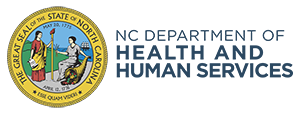Closed
Optimize Your OBOT Program: Leverage Clinical Pharmacists to Increase Capacity and Revenue

Location
Dates & Times
Contact
Do you have event related questions or need help with registration?
This informative webinar explores the role of clinical pharmacists in substance use disorders treatment, namely office-based opioid treatment (OBOT) programs. Participants will learn how the integration of a clinical pharmacist into the care team can expand patient access to evidence-based treatment and improve patient outcomes. Learners will gain practical strategies for integrating clinical pharmacists into outpatient care clinics, optimizing clinical revenue, and supporting the scalability of SUD treatment programs.
This program was designed to satisfy, in part, the North Carolina Medical Board's CME requirement for controlled substance prescribers. Per NCAC rules: As of July 1, 2017 all physicians (other than residents), physician assistants, nurse practitioners, podiatrists, and dentists who prescribe controlled substances must satisfy the controlled-substance prescribing CE requirements as set forth by their licensing boards; requirements vary by discipline and board.
This training initiative is supported by funds from the North Carolina Department of Health and Human Services through the Center for Disease Control and Prevention (CDC) Cooperative Agreement Number NU17CE925024.
